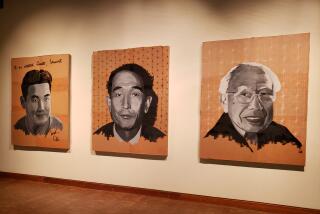Akio Morita
Jan. 26, 1921 - Oct. 3, 1999
Education: Received degree in physics from Osaka Imperial University in 1944.
Career hightlights:
In 1946, using funding from his father’s sake-brewing business, co-founded the company Tokyo Tsushin Denki.
In 1950, introduced first hit products, a tape recorder and transistor radio.
In 1953, paid Western Electric of the U.S. $25,000 for transistor technology licenses, fueling a consumer electronics revolution in Japan.
In 1955, began selling mini-transitor radios, followed by the first Sony-trademarked product, a pocket-sized radio, in 1957.
In January 1958, changed company’s name to Sony Corp.
In 1960, introduced the first transistorized TV and led Sony’s drive overseas, setting up the company’s first office outside Japan in New York.
In 1970, led the company to be the first Japanese firm to sell its shares on the New York Stock Exchange.
In 1971, became Sony’s president; elected chairman in 1976.
In 1975, introduced the first videocassette recorder, the Betamax, which eventually lost a marketing war to the VHS standard.
In 1979, introduced the Walkman portable stereo cassette player.
In 1989, handed control of daily operations to Norio Ohga, a former opera singer he’d brought into the company. Ohga is now Sony’s chairman.
Also, in 1989, led Sony in making a $3.4-billion-plus purchase of Columbia Pictures, an ambitious, controversial move that came one year after Sony bought CBS Records, another entertainment giant.
In 1994, offically retired after suffering a stroke one year earlier.
More to Read
Inside the business of entertainment
The Wide Shot brings you news, analysis and insights on everything from streaming wars to production — and what it all means for the future.
You may occasionally receive promotional content from the Los Angeles Times.









